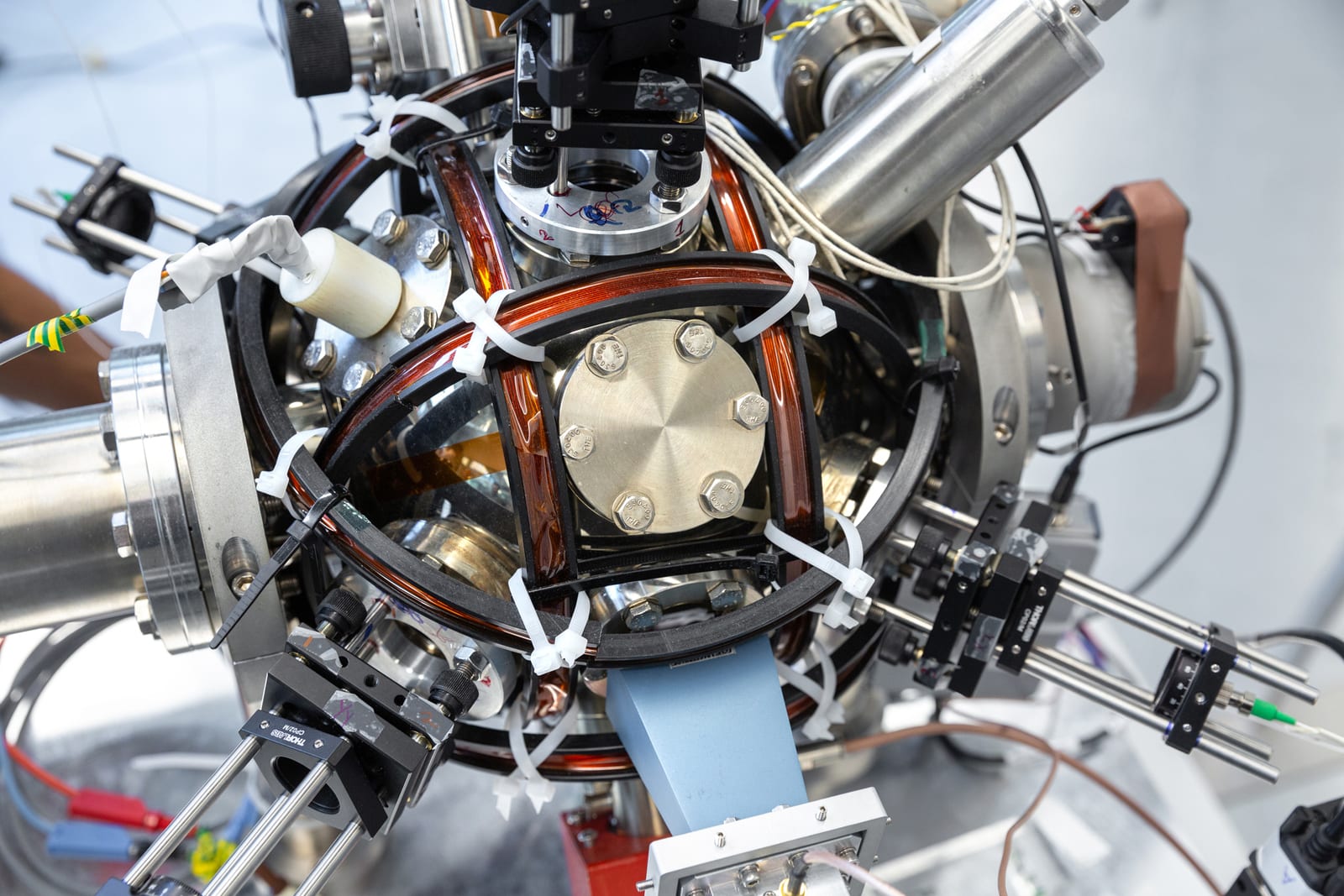
"Angelina" is the brainchild of Imperial College London computer science PhD student Michael Cook, and it's just helped craft its first official game release: A Puzzling Present. You read that correctly -- a computer AI helped to develop, test, and produce a full on video game (which was subsequently released to the Google Play store late last week). The game's even free, should you not trust a synthetic brain to produce your Santa-based mobile platformers.
Cook revealed his project to the world back in March as part of his PhD work -- he calls it, "an investigation into the ways in which software can design creatively." And while the theme of A Puzzling Present isn't exactly what we'd call wildly creative, Cook promises the level design and sheer fun to be top notch. Or at least he's hoping as much, lest Angelina's algorithms need adjusting -- regardless, the game is currently free on Android, should you wish to test your wits against a cold, calculating machine (and who doesn't?).
Filed under: Cellphones, Gaming, Handhelds, Software, Mobile
Comments
Via: Phys Org
Source: Google Play, Angelina
 GPS is vital to modern navigation, but it's extremely fragile. Never mind coverage -- if a satellite fails or there's a jamming attack, it quickly becomes useless. Scientists may have a much more robust answer, though. Scientists have demonstrated...
GPS is vital to modern navigation, but it's extremely fragile. Never mind coverage -- if a satellite fails or there's a jamming attack, it quickly becomes useless. Scientists may have a much more robust answer, though. Scientists have demonstrated...
 GPS is vital to modern navigation, but it's extremely fragile. Never mind coverage -- if a satellite fails or there's a jamming attack, it quickly becomes useless. Scientists may have a much more robust answer, though. Scientists have demonstrated...
GPS is vital to modern navigation, but it's extremely fragile. Never mind coverage -- if a satellite fails or there's a jamming attack, it quickly becomes useless. Scientists may have a much more robust answer, though. Scientists have demonstrated...
 Consumer drones have more or less conquered hovering, but are there easier ways to stay in place? Researchers from Imperial College London have a possible answer: The SpiderMAV, a UAV that shoots ropes that magnetically cling to surfaces to anchor it...
Consumer drones have more or less conquered hovering, but are there easier ways to stay in place? Researchers from Imperial College London have a possible answer: The SpiderMAV, a UAV that shoots ropes that magnetically cling to surfaces to anchor it...
 Modern science assumes that the speed of light has always been the same. Researchers have suggested that this seeming constant might have changed over time, however, and they now have a way to find out whether or not that's true. Professors Joã...
Modern science assumes that the speed of light has always been the same. Researchers have suggested that this seeming constant might have changed over time, however, and they now have a way to find out whether or not that's true. Professors Joã...
 When is comes to HIV tests, a drop of blood and a USB stick may be all patients need in the near future. Scientists at the Imperial College London developed a device with the help of medical testing company DNA Electronics that detects HIV levels in...
When is comes to HIV tests, a drop of blood and a USB stick may be all patients need in the near future. Scientists at the Imperial College London developed a device with the help of medical testing company DNA Electronics that detects HIV levels in...
 You might never have to worry that you'll fall victim to a heart condition passed along by your family. Researchers have developed a blood test that can reliably detect all known inherited heart problems, like genetically-based arrhythmia -- if doct...
You might never have to worry that you'll fall victim to a heart condition passed along by your family. Researchers have developed a blood test that can reliably detect all known inherited heart problems, like genetically-based arrhythmia -- if doct...
 When it comes to tools that help stroke victims on their way to recovery, we've seen exoskeletons of sorts to medicine covered clot-busting nanoparticles. But researchers from the University of South Hampton and Imperial College London have something...
When it comes to tools that help stroke victims on their way to recovery, we've seen exoskeletons of sorts to medicine covered clot-busting nanoparticles. But researchers from the University of South Hampton and Imperial College London have something...
 Researchers at Imperial College London believe that they've created a method that could prove critical in the search for unlimited clean energy. The team has produced a theoretical method that, at least on paper, is capable of super-heating an obje...
Researchers at Imperial College London believe that they've created a method that could prove critical in the search for unlimited clean energy. The team has produced a theoretical method that, at least on paper, is capable of super-heating an obje...

